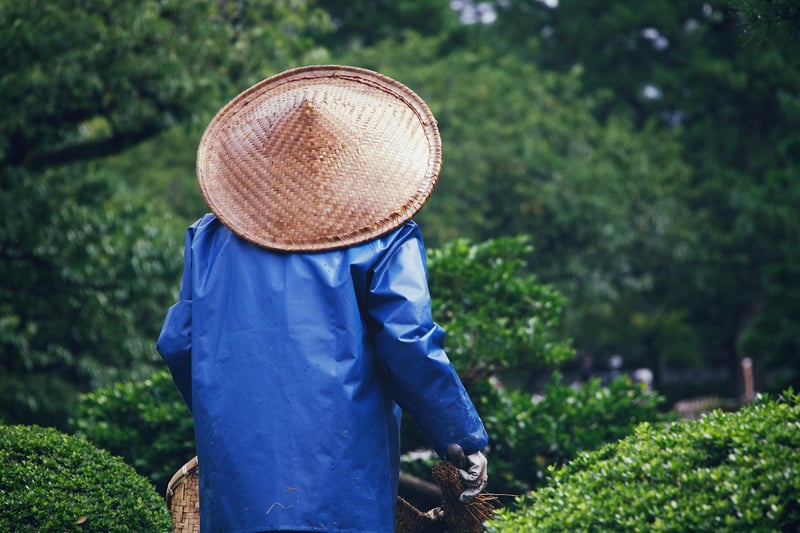Preventive Measures
Dealing with Garden Pests and Preventive Measures
Introduction
Welcome to our guide on dealing with garden pests and preventive measures to keep your garden thriving. Whether you are a seasoned gardener or just starting out, dealing with pests is a common challenge that can impact the health and productivity of your plants. Identifying common pests and knowing how to prevent and control them is essential for a successful garden.
Common Garden Pests
Here are some common garden pests you may encounter:
- Aphids: Small insects that feed on plant sap, causing leaves to curl and yellow.
- Slugs and Snails: These creatures feed on young seedlings and can decimate your plants.
- Caterpillars: Larvae of moths and butterflies that chew on leaves and fruits.
- Spider Mites: Tiny pests that suck plant juices, causing leaves to stipple and turn yellow.
Preventive Measures
Prevention is key to managing garden pests effectively. Here are some preventive measures you can take:
- Plant Diversity: Plant a variety of crops to reduce the risk of a pest infestation affecting all your plants.
- Companion Planting: Some plants naturally repel pests when grown together. For example, marigolds can deter aphids.
- Healthy Soil: Ensure your soil is healthy and well-draining to promote strong plant growth, making them more resilient to pests.
- Regular Inspection: Check your plants regularly for signs of pests or damage so you can take action early.
- Natural Predators: Encourage beneficial insects like ladybugs and lacewings that feed on garden pests.
Control Measures
If despite your best efforts, pests still find their way into your garden, here are some control measures you can implement:
- Handpicking: Remove pests like caterpillars and beetles by hand and drop them into a bucket of soapy water.
- Neem Oil: A natural insecticide that can help control a variety of garden pests.
- Organic Sprays: Homemade sprays using ingredients like garlic, chili, or soap can deter pests.
- Row Covers: Use row covers to protect your plants from flying insects like cabbage moths.
Conclusion
By being proactive and implementing preventive measures, as well as knowing how to effectively control pests when needed, you can maintain a healthy and thriving garden. Remember that a balanced ecosystem in your garden will naturally help keep pest populations in check. Happy gardening!


